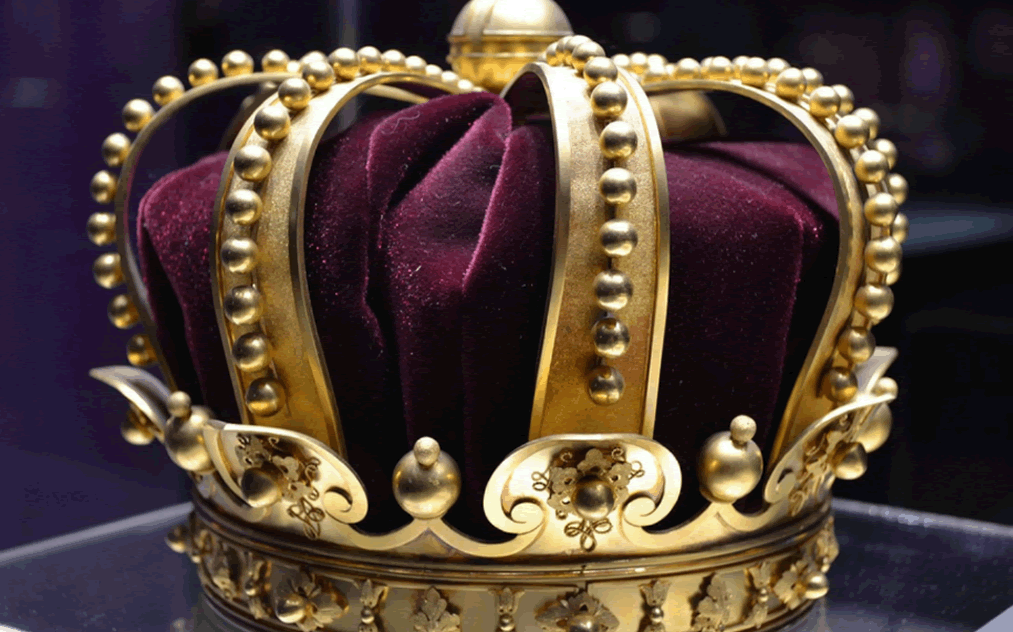The debate between monarchy and democracy is as old as the concepts themselves. In the modern world, both systems persist, each with its unique benefits and challenges. Monarchies often evoke images of grand palaces, centuries-old traditions, and a certain regal allure, while democracies are seen as the bastions of freedom, equality, and public participation. This article explores the distinctions, coexistence, and evolving perceptions of these governance systems, with a particular focus on the United Kingdom.

Monarchies in the Modern Era
Monarchies, both absolute and constitutional, continue to thrive in various parts of the world. Countries like Saudi Arabia and Brunei are examples of absolute monarchies where the king or sultan wields substantial power. In these nations, the monarch’s word is law, and governance often intertwines with long-standing cultural and religious traditions.
Conversely, constitutional monarchies, such as those in the United Kingdom, Sweden, and Japan, feature monarchs with largely ceremonial roles. In these countries, the day-to-day governance is handled by elected officials, and the monarch acts as a symbol of national unity and continuity.
Democracies: The People’s Power
Democracies are prevalent across the globe, from the United States and India to Germany and Brazil. In these systems, the power lies with the people, who elect representatives to make decisions on their behalf. Democracies emphasize the principles of equality, freedom of speech, and the rule of law.
Notably, democratic countries vary widely in their implementation of these principles. For instance, the United States practices a federal system with significant powers reserved for individual states, while France employs a more centralized approach. Despite these differences, the core democratic ideals remain consistent.
The Coexistence of Monarchy and Democracy
In some countries, monarchy and democracy coexist harmoniously. The United Kingdom is a prime example, where a constitutional monarchy complements a robust democratic system.
The British monarch, currently King Charles III, serves as the head of state, while the Prime Minister, elected by the public, acts as the head of government. Japan presents another example, where Emperor Naruhito embodies the cultural and historical heritage of the nation, while the elected officials govern.
This blend of tradition and modernity can provide a sense of stability and continuity, balancing the public’s desire for both heritage and democratic participation.
The British Monarchy: A Changing Perception
The British monarchy, one of the most recognizable in the world, has undergone significant changes in public perception, especially after the passing of Queen Elizabeth II. The Queen, who reigned for 70 years, was deeply beloved by many, and her personal popularity often bolstered support for the institution itself. However, with her passing in September 2022, there has been a noticeable shift in public attitudes.
According to a survey by YouGov in May 2023, support for the monarchy has dipped slightly, with 58% of Britons believing the country should continue to have a monarchy, down from 64% in the previous year. This change suggests that much of the affection for the monarchy was indeed tied to Queen Elizabeth II personally, rather than the institution as a whole.
Furthermore, the same survey highlighted a generational divide: 77% of those aged 65 and over support the monarchy, compared to just 35% of those aged 18-24. This disparity indicates that younger generations are more inclined to question the relevance of the monarchy in a modern democratic society.
Tradition vs. Progress
The debate between monarchy and democracy is nuanced, reflecting broader questions about tradition, modernity, and governance. Monarchies, with their rich histories and cultural significance, offer a sense of continuity and identity. Democracies, on the other hand, emphasize equality, representation, and the power of the populace.
As attitudes evolve and younger generations take a more critical stance towards traditional institutions, the balance between monarchy and democracy may shift. However, the coexistence of these systems in countries like the United Kingdom demonstrates that it is possible to honor tradition while embracing democratic principles.
Ultimately, whether a country leans towards monarchy or democracy, the effectiveness and fairness of its governance will depend on how well it meets the needs and aspirations of its people in an ever-changing world.
